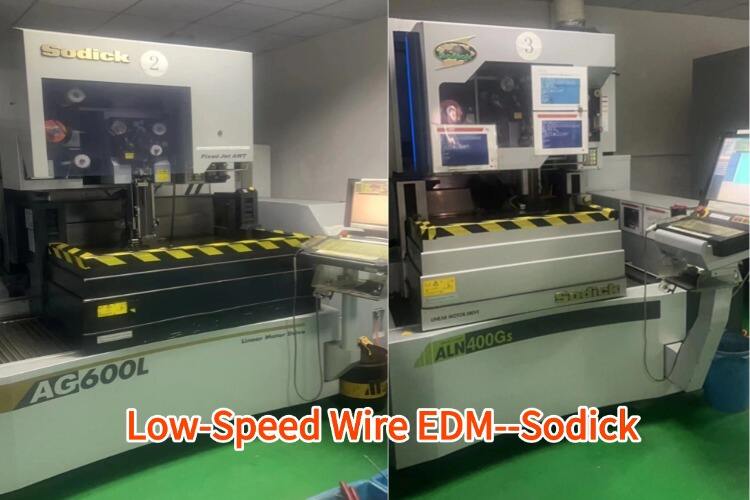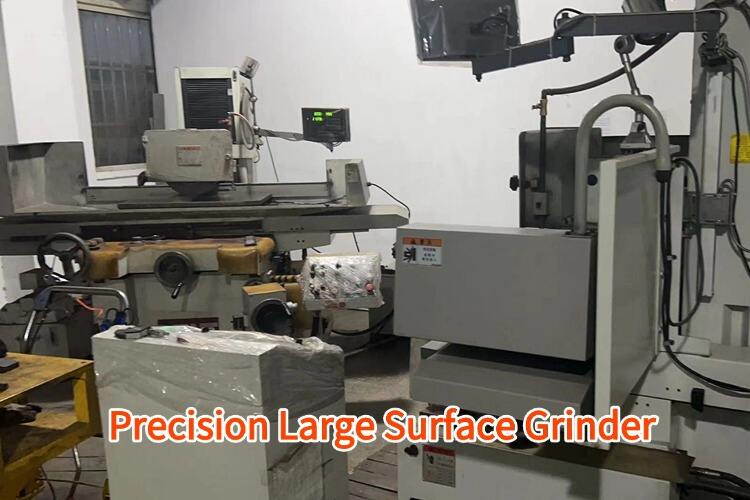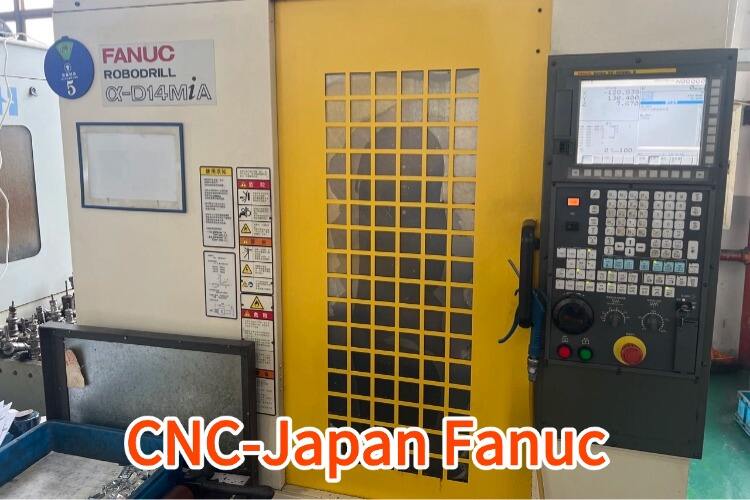what is cnc tolerance
CNC tolerance refers to the acceptable deviation range in dimensions and specifications when manufacturing parts using Computer Numerical Control (CNC) machinery. It represents the maximum permissible variation from the nominal or specified dimensions while still maintaining the part's functionality and quality requirements. In CNC machining, tolerance is crucial as it determines the precision level of manufactured components. Typical CNC tolerances can range from ±0.0001 inches to ±0.005 inches, depending on the application requirements. Modern CNC machines can achieve extremely tight tolerances through precise control of cutting tools, advanced feedback systems, and sophisticated programming. The concept encompasses various aspects including dimensional tolerance, geometric tolerance, and surface finish requirements. Understanding CNC tolerance is essential for quality control, ensuring parts fit together correctly in assemblies, and meeting industry standards. It directly impacts manufacturing costs, production time, and overall product quality. Different materials and machining operations may require different tolerance levels, and manufacturers must carefully consider these factors when setting specifications. The ability to maintain consistent tolerances across production runs is one of the key advantages of CNC machining over conventional manufacturing methods.


